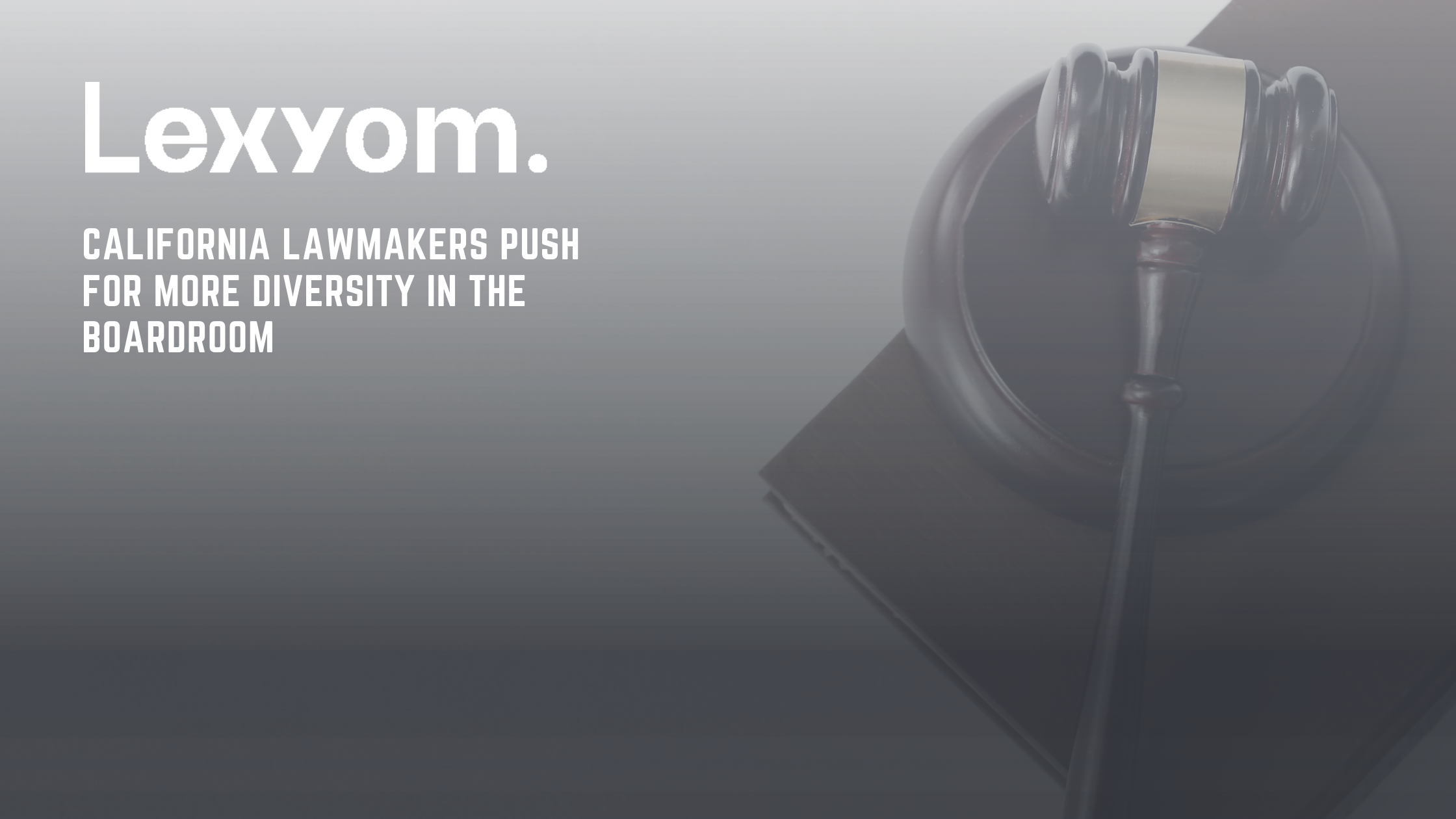- Overview.
When it comes to recruiting new talents, discrimination has always been a common problem. Companies always tend to disregard some qualified talents only for distinction purposes. Whether for race, gender, religion, or nationality reasons, some people have been excluded from many positions that they truly deserve to be part of.
For whatever reason, such a problem has been commonly heard by US employees. However, many organizations have been fighting this phenomenon for many years now. For example, Silicon Valley took a diversity initiative that has produced mediocre results. The percentage of Black or Latinx employees at Facebook increased to 10% in 2020 from 6% in 2014. Google’s numbers are typically similar; they had risen from 5% in 2014 to 10% in 2020. Better than nothing, yet, such employees are still undergoing discrimination and unfair treatment at work.
- The New California Bill Soon to be Law.
The Californian legislature has recently introduced another diversity initiative. On September 30, 2020, California Governor Gavin Newsom signed Assembly Bill 979 (AB979), which requires each publicly held corporation headquartered in California to diversify its board of directors from “under-represented” communities by 2023. AB979 requires having at least one director from an “under-represented” community on its board of directors by the end of 2021. Upwards of three directors from an “under-represented” community on its board of directors by the end of the 2022 calendar year; otherwise, companies will face huge penalties of up to 300,000 USD annually. There is also a board size criterion; companies with a board of at least nine members must have at least three non-white members. Netflix and Facebook will be subject to this. Companies are required by the bill to submit annual reports on board composition.
The AB979 defines “under-represented” communities as follows: “someone who “self-identifies as Black, African American, Hispanic, Latino, Asian, Pacific Islander, Native American, Native Hawaiian, or Alaska Native.” Gay, lesbian, bisexual, or transgender employees also qualify as underrepresented. This bill is an effective approach to a long-lived problem; however, it does not cover all types of discriminated categories within the US. For instance, Uber has two non-US directors, neither of whom falls under the bill’s categories: CEO Dara Khosrowshahi, born in Iran, and Yasir Al-Rumayyan, born in the Kingdom of Saudi Arabia. Add to that; some people may look white, nevertheless, have non-white or mixed-race parents. Combating this problem means tackling any discrimination. Even though this is a complicated question, Chris Holden, assembly member and sponsor of the bill, says, “I think the bill is looking for those who would self-identify and describe themselves to fit one of these categories. Progress sometimes takes one step at a time. And that’s what this bill is designed to do. It’s not perfect.” He also states that the plan is to follow the annual reports’ data and adjust the law over time. This includes adding nuance to the definition of the “under-represented” community.
- Why the Board of Directors.
Some may wonder why the bill is tackling precisely the board of directors. The reason behind this is people from an “under-represented” community are less represented in leadership positions. Black and Latinx workers have been facing low recruitment numbers over the years, no matter what kind of a position is in question. Asians, on the other hand, are well represented at technical levels in Silicon Valley but are facing difficulties in corporate development. At Google, for example, 42% of the US workforce is Asian, and only 30% of people in leadership roles. The workforce at Facebook is 44% Asian, with only 25% in leadership roles.
- This is not the First Attempt in California.
This is not the first attempt in California when it comes to discrimination initiatives. In 2018, a new law was introduced requiring publicly traded companies to have at least one woman on their boards. Before that, almost one-third of such companies had all-male boards. According to Bloomberg, women have accounted for nearly 45% of new board hires after the 2018 law. Although some companies suffered to comply with this new law, the results were highly rewarded, according to a 2018 study from researchers at the University of North Carolina at Chapel Hill.
- Conclusion.
Fixing discrimination problems is challenging and complicated, especially when tackling them through new legislation. This will handle the problem little by little. It is not a matter of no time; results need a certain period to appear.
Companies will keep on finding excuses such as the small talent pool of qualified individuals with difficulties crossing paths with them. Thomas, the Silicon Valley Leadership Group CEO, says, “I am not going to sit back and allow companies to make an excuse that the talent is not there. We want to open up an entirely new set of opportunities to people who have been excluded from many of the conversations that they deserve to be a part of.” These new regulations are an efficient alternative for companies to find and bring new distinguished talents to the hiring process.







